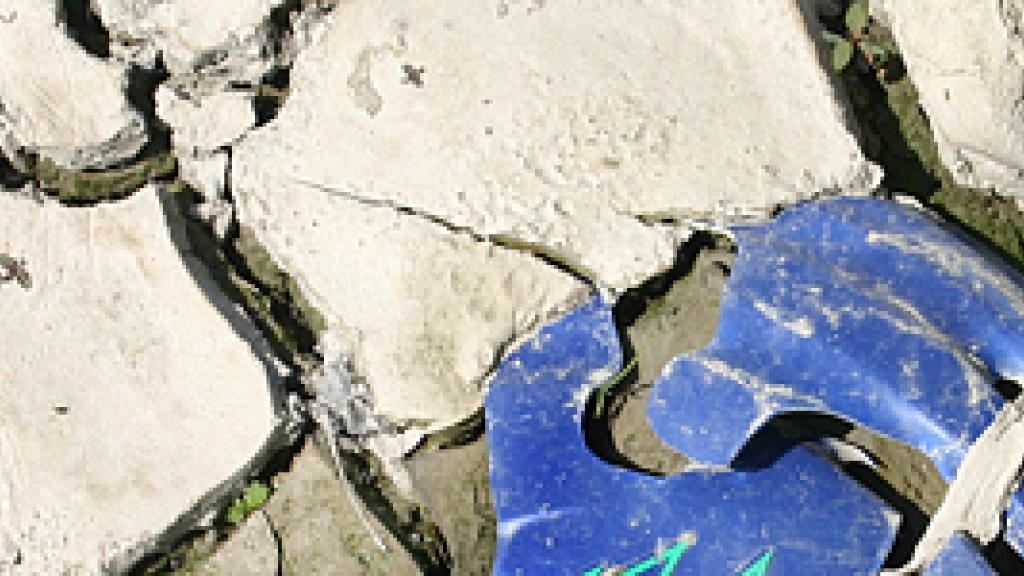Plastic Waste in the Danube
Vienna, 7 March 2014. A group of environmental scientists from Austria recently published the study „The Danube so colourful: A potpourri of plastic litter outnumbers fish larvae in Europe's second largest river”. Here, you find some comments on plastic waste in rivers and on ICPDR activities to tackle the issue.

Plastic waste pollution is a complex, global issue with many local sources and no simple solution. Detrimental impacts of pollution on aquatic ecosystems are under constant surveillance by the ICPDR through activities such as the “Transnational Monitoring Network” or the Joint Danube Survey research expeditions. The ICPDR works towards achieving good chemical and ecological water quality or potential for this in all water bodies of the Danube River Basin until 2015. This is pursued via the Danube River Basin Management Plan.
The study pointed to industrial plastic waste as a key source of the plastic litter found in the river. In order to identify the appropriate measures and policies to prevent export of the plastic waste into the river across the entire Danube River Basin, further investigations on cause and impacts on the riverine ecosystems will be needed.
There are also many fractured small-scale sources of plastic waste e.g. waste from households and littering. For these sources, functioning waste-collection mechanisms are key, but they also need to make sense economically for the potential polluter. Collecting plastic waste should not cause costs for the end user, as they may be avoided by resuming illegal deposition of plastics and other household waste by dumping. An enforcement policy with fines for polluters can help to back waste management.
As far as “end-of-pipe” solutions that aim to remove pollution that has already occurred, the ICPDR has demonstrated promising approaches through pilot projects. For instance, the ICPDR and Coca-Cola Hellenic have supported an initiative to remove plastic waste from the Tisza Flood Plains. While feasible in principle, such solutions are costly. Preventing plastic waste from entering the environment in the first place is of course much better.
To reduce littering, environmental education and awareness raising campaigns are also important. The ICPDR pursues activities such as Danube Day, where cotton bags are handed out to encourage their use rather than that of plastic bags. Danube Day aims at the education of children and young people in matters related to sustainable water use and environmental protection.





